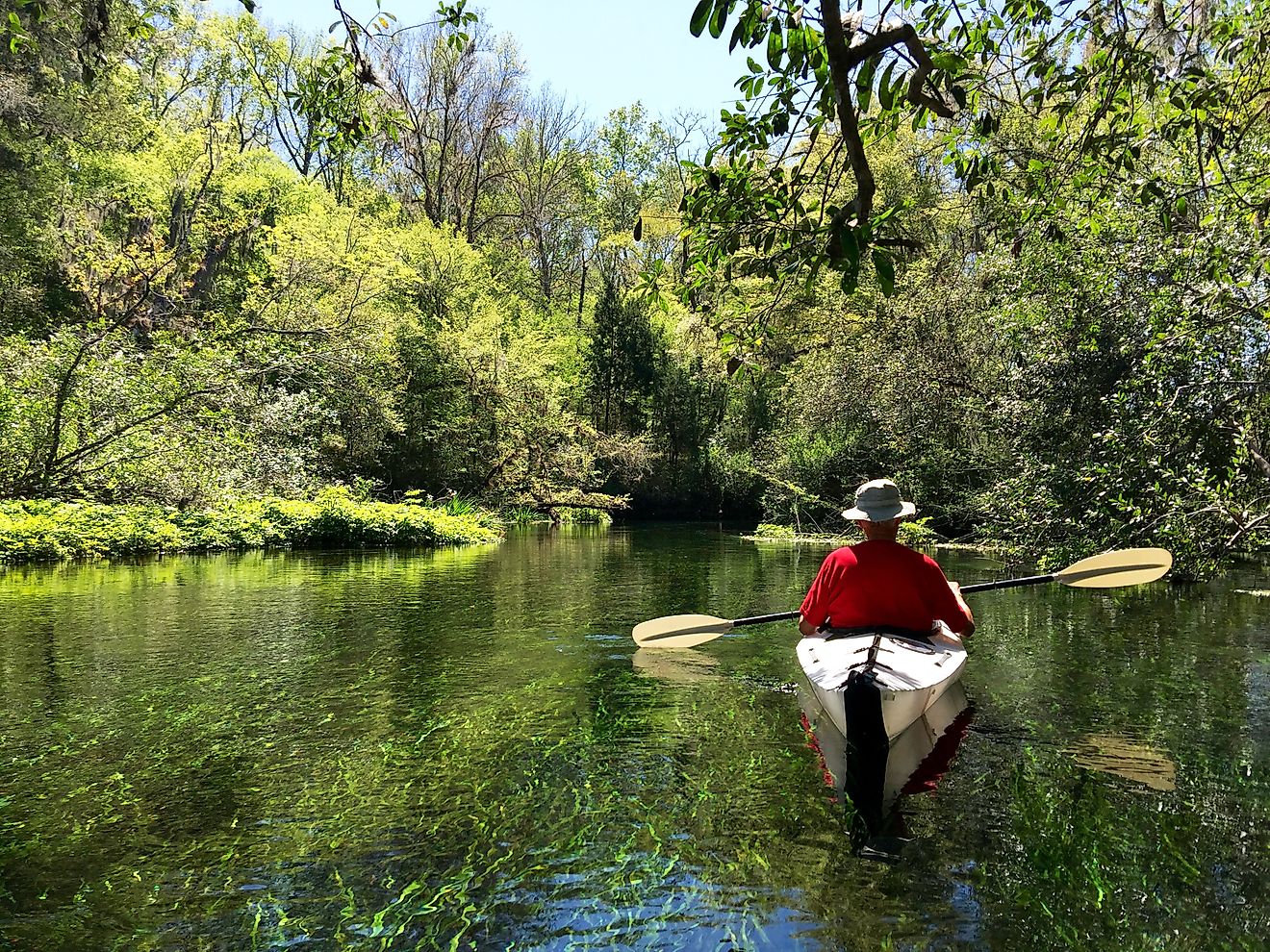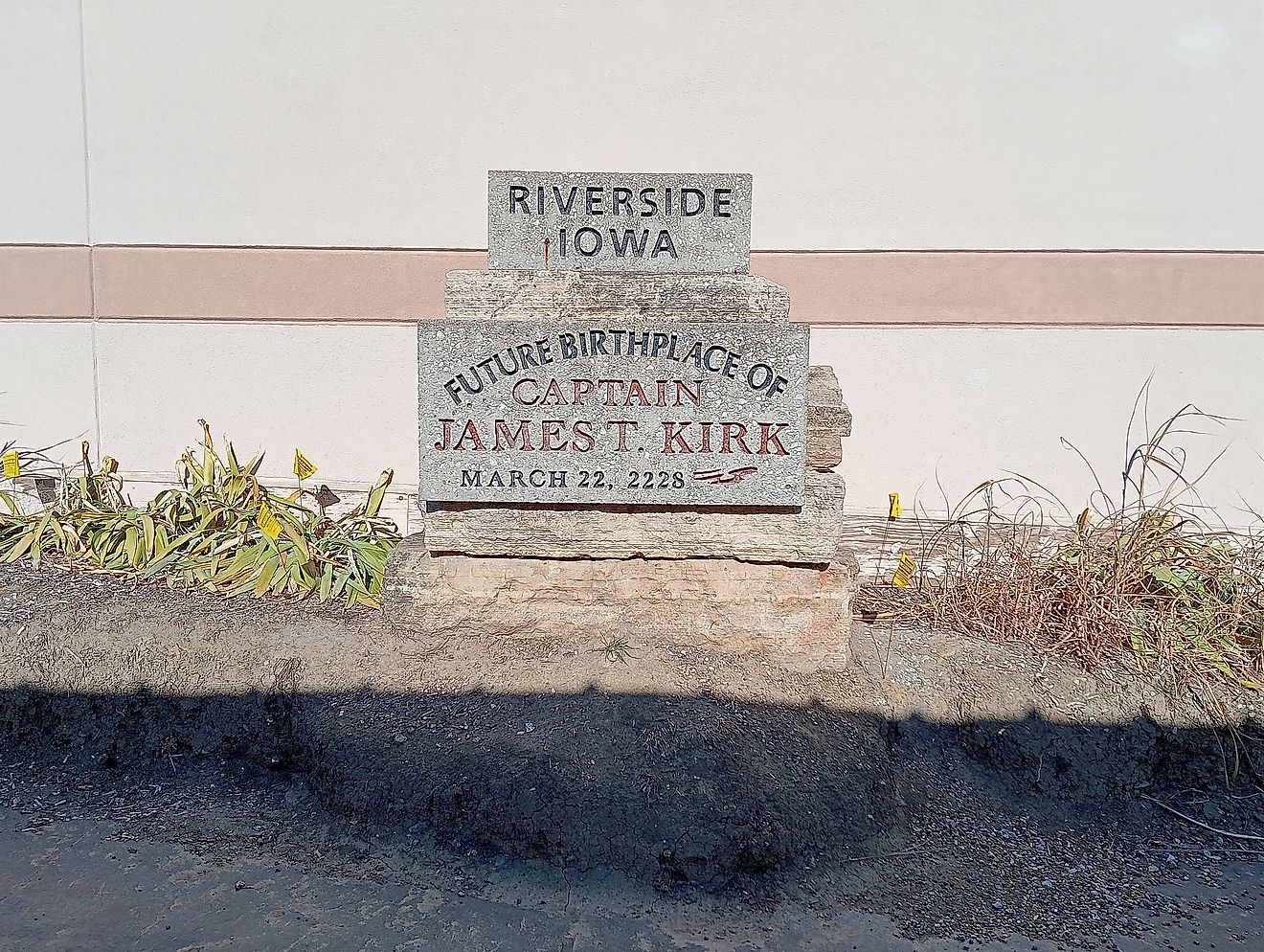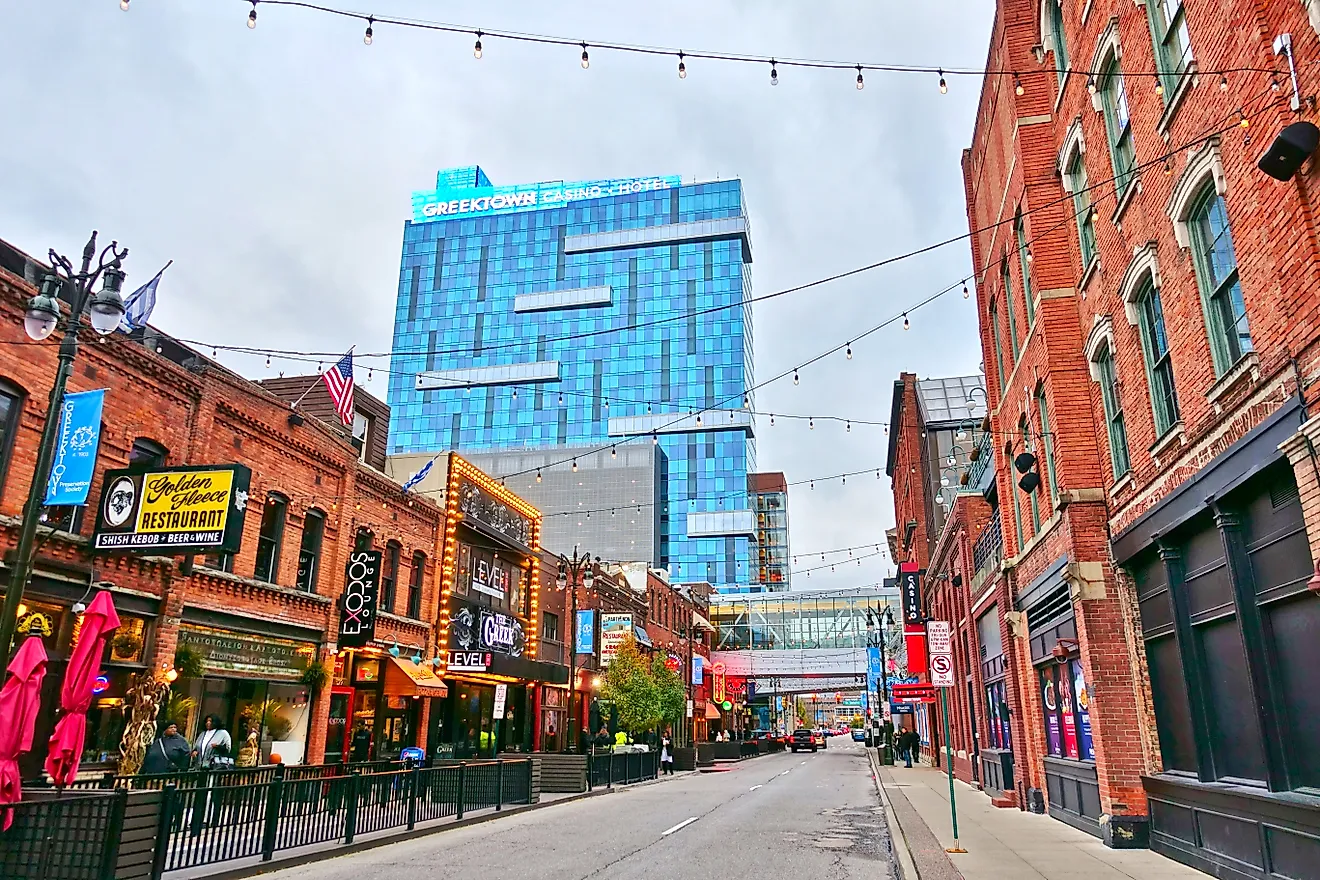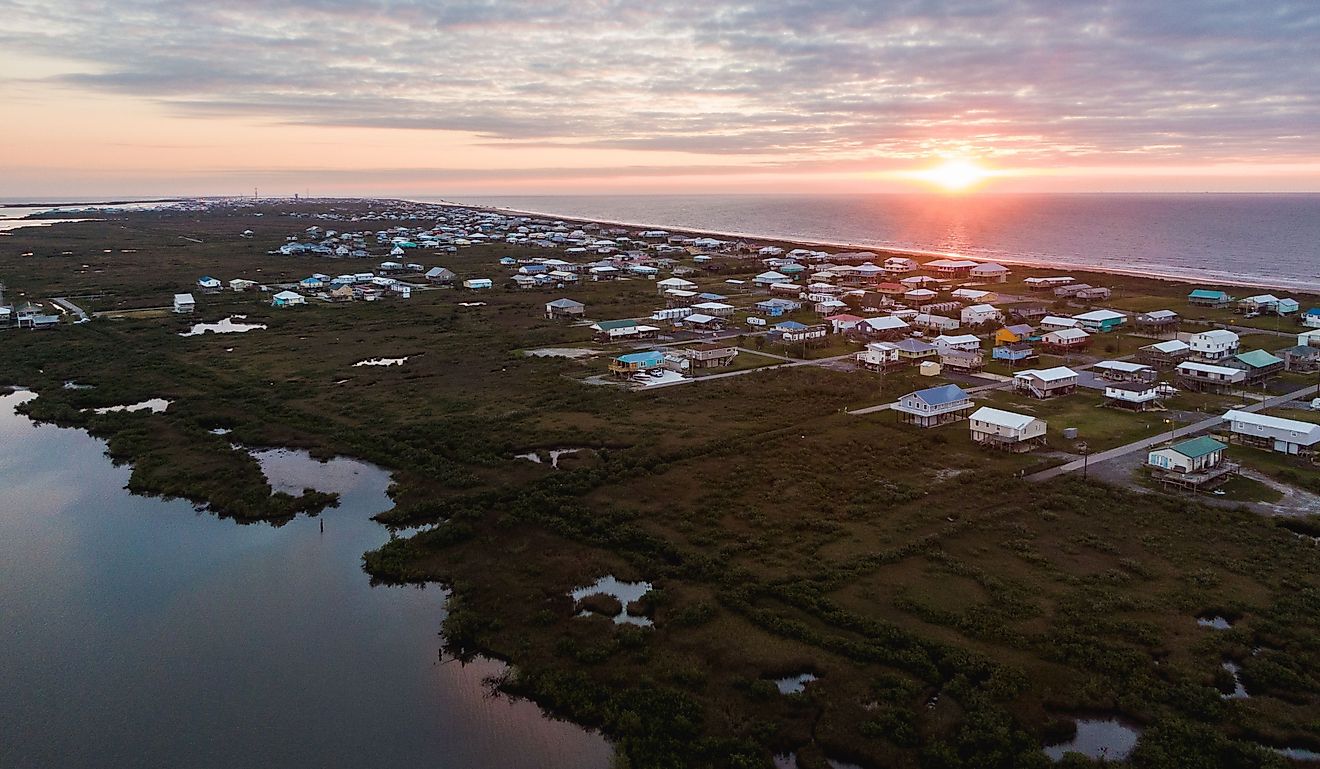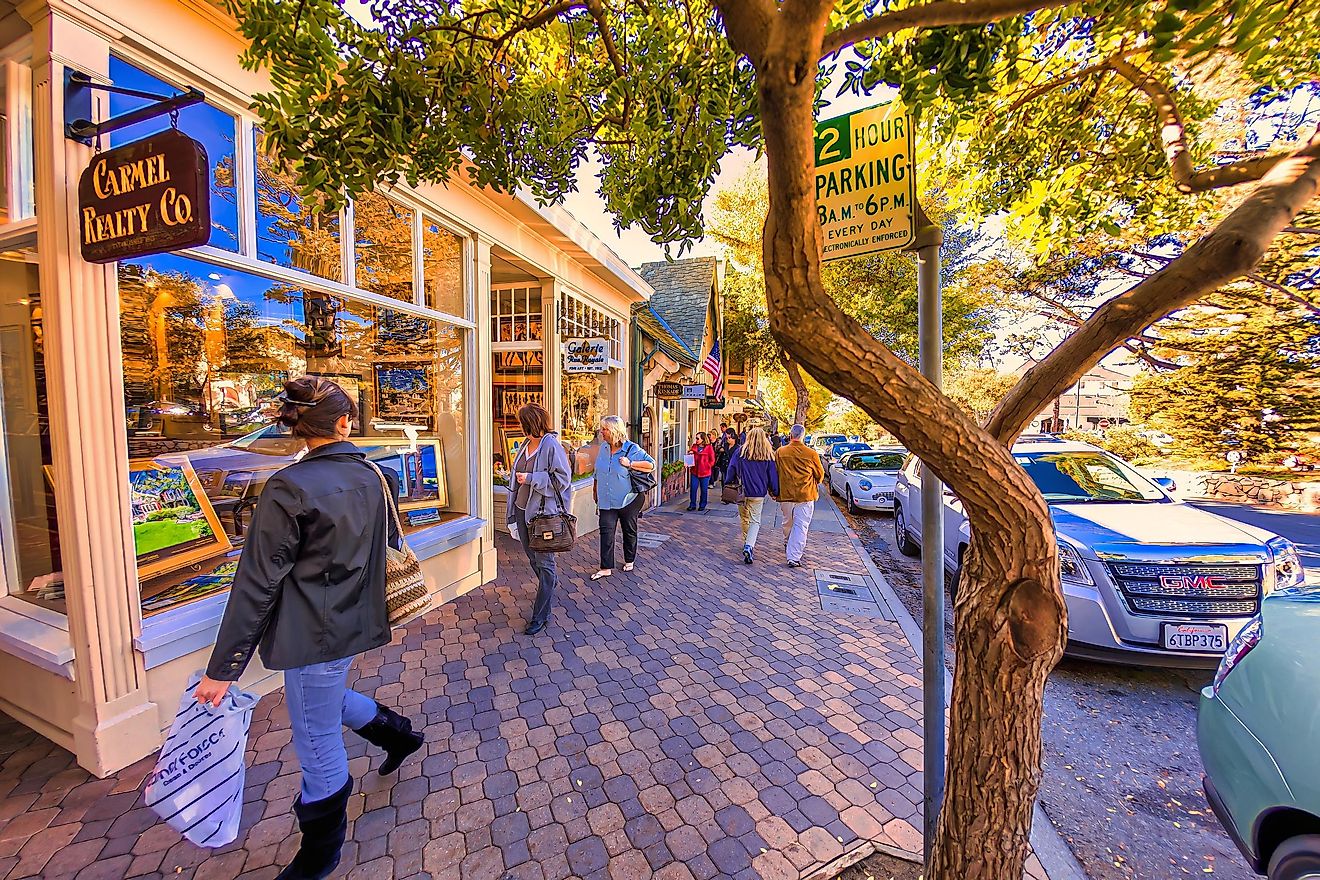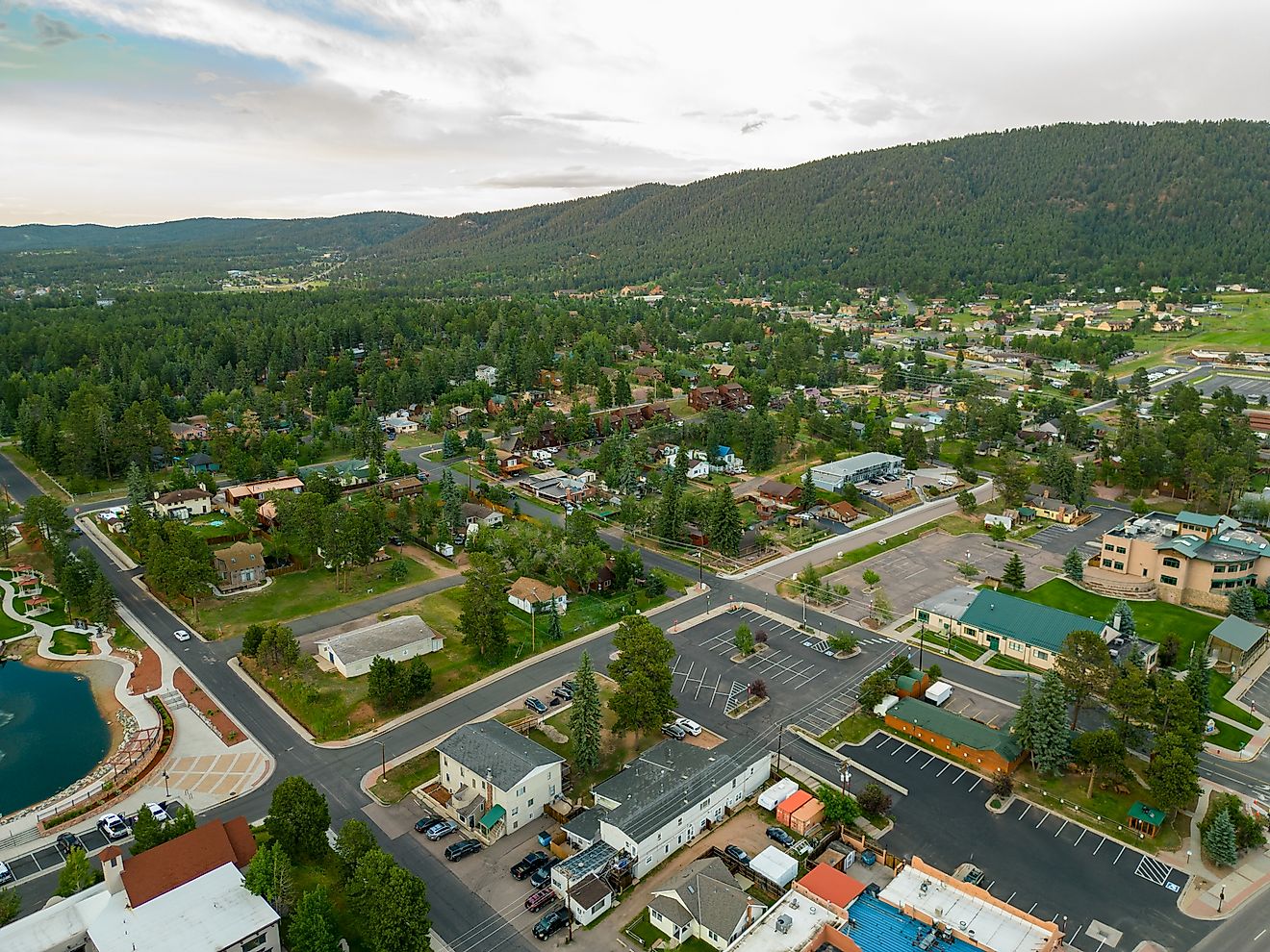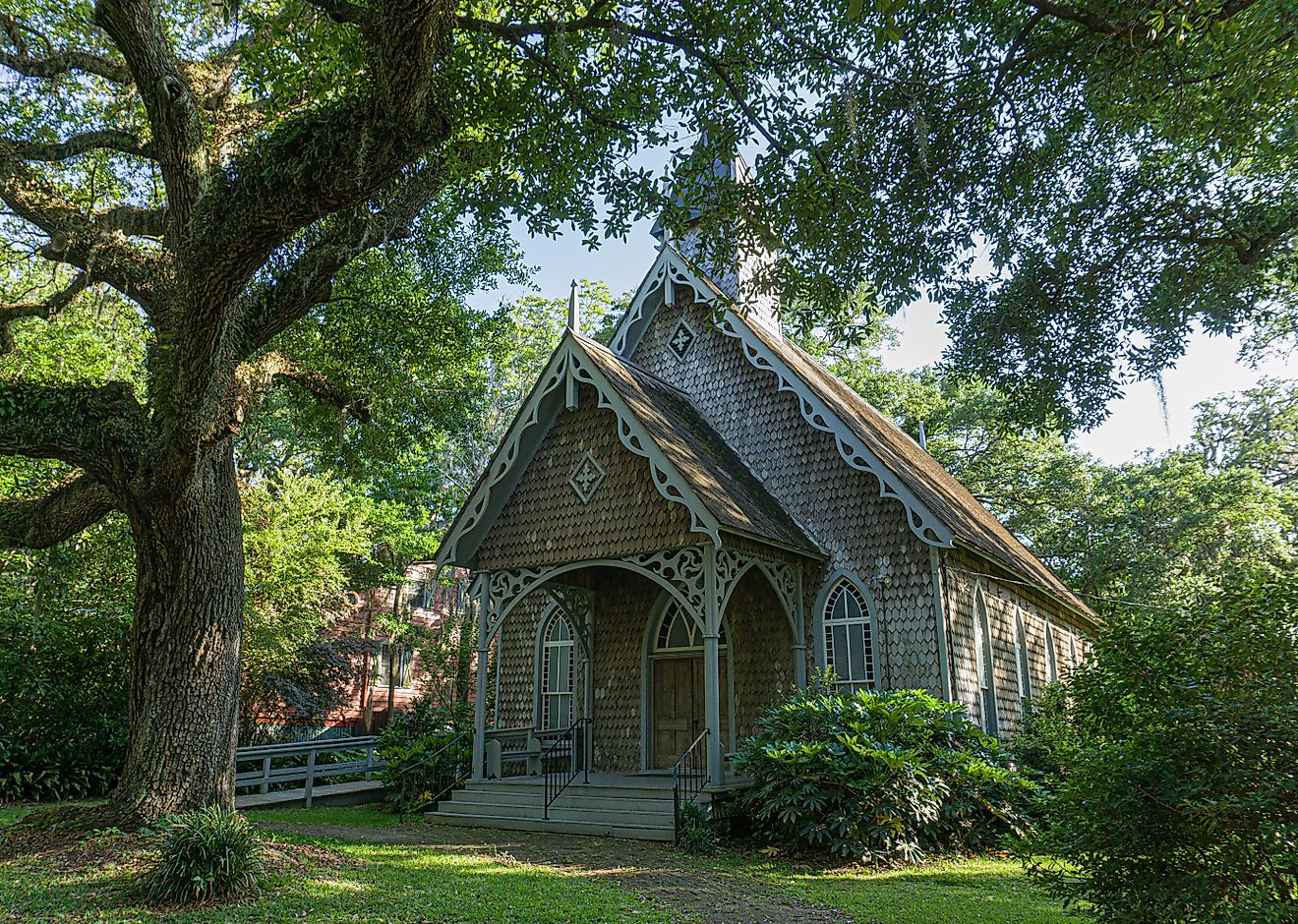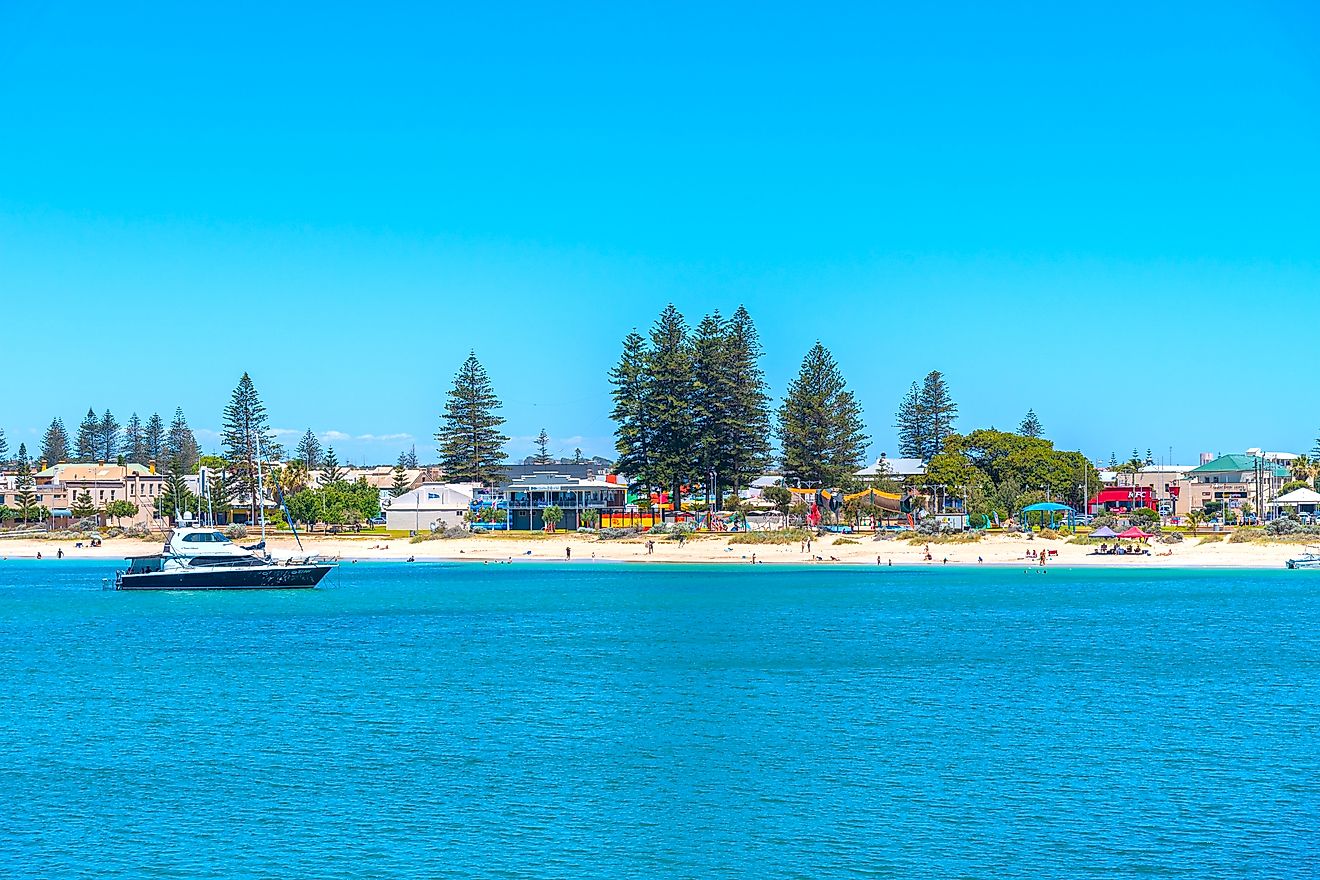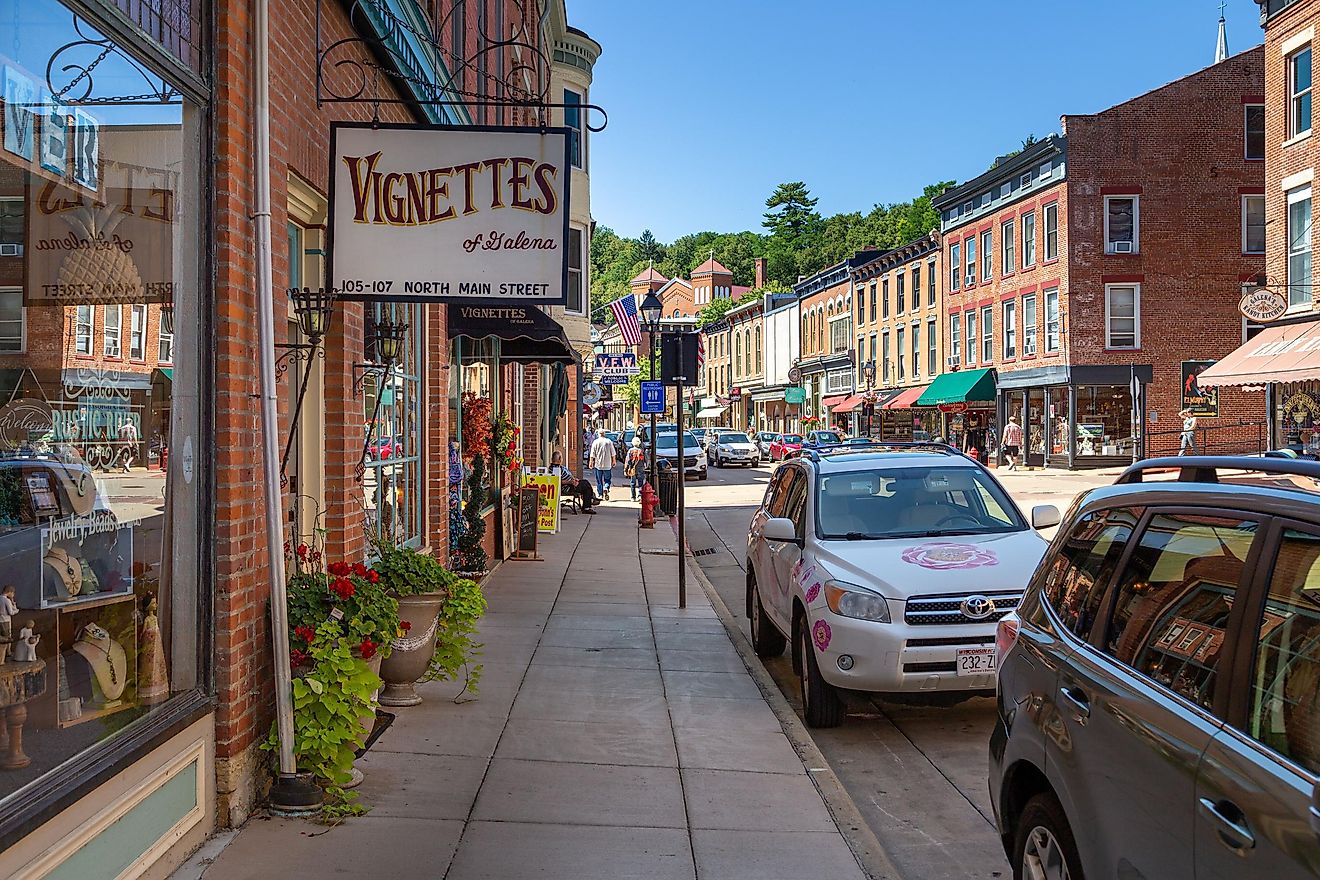
11 Most Charming Small Towns in Missouri
A state known for its deep history, Missouri comes with many small towns whose roots in literature, warfare, and first settlements played a significant role in shaping the state. These charming towns also offer a diverse list of activities and recreational options for a favorite way to relax in between all the discoveries.
Boonville

Named for the great explorer Daniel Boone, the town formed around the Missouri River, accelerating growth upon developing the railway and the Civil War. There are numerous historical sites, with a walking tour offering more than 400 sites and structures to see, while the River, Rails and Trails Museum and the Mitchell Antique Motorcar Museum offer concentrated enclaves of history. The Mitchell Antique Motorcar Museum is dedicated to rare and valuable antique vehicles and related memorabilia, while the Old Jail and Hanging Barn is the longest-running jail in Missouri that once kept Jesse James' brother locked up. The charming streets with a Southern vibe come with many restaurants and shops welcoming visitors with a smile and openness just to chat. There's the Warm Springs Ranch and the Katy Trail State Park, with extensive hiking and biking trails through the rugged wilderness for outdoor pursuits. The Katy Trail spanning 240 miles, is the longest recreational rail trail in the country.
Branson

The beloved Branson is a nationally-known mecca for the large collection of entertainment theaters, the nearby Ozarks, the wineries, and the Branson Tri-Lakes. A small town of bright lights, a la European cities, there are neon signs and architecture from the 1980s along the impressive main strip of the charming town for a dazzling experience. The free trolley tours take one back to the 1880s while discovering the Historic Downtown. Branson is a base for endless outdoor explorations, activities, and natural vistas around, featuring beauty through history, modernity, and nature. There is also the Silver Dollar City comprising an Ozark-themed retro amusement park and the sun-filled Table Rock Lake.
Carthage

Burned to the ground in the Civil War, Carthage was rebuilt during the Victorian era, landing more than 600 buildings on the National Register of Historic Places, as one of the largest historically-significant residential districts in the state. The center of town is known for the impressive Romanesque Revival Jasper County Courthouse, while sites like the Civil War Museum and the Precious Moments Chapel & Gardens are set along Route 66. The Red Oak II is an artistic "ghost town" of relocated and restored vintage buildings from the bygone village of Red Oak, giving a glimpse at the rural American life from the past. Named after an ancient city in Tunis, the town's nickname, the 'America's Maple Leaf City', is for its hundreds of vibrant maple trees. A sight to behold during fall, there is also the Maple Leaf Festival in October, brimming with live musical performances, entertainment, local food, and drinks.
Arrow Rock
Located on bluffs above the Missouri River, Arrow Rock is a National Historic Landmark in its entirety, with archaeological evidence suggesting that humans occupied the area for at least ten thousand years. It has been a frontier village since the early 19th century and had its peak population of about a thousand just before the Civil War. With around 50 residents and all the modern amenities today, the tiny village thrives by seeing its future in its past. There are two museums, a state historic site, several shops, restaurants, and bed-and-breakfasts. One can catch a live show at the Lyceum Theater, followed by a filling meal at J. Huston Tavern, claiming to be the oldest continuously operating restaurant west of the Mississippi. One of the state's prettiest towns, its distinct look results from the 1829 city plan, executed by merchants, Friends of Arrow Rock non-profit, and Missouri State Parks. The lovingly preserved historic buildings include the artist Bingham's 1837 home, while Dr. John Sappington was another famous resident who developed quinine for anti-inflammation and anti-malaria.
Fulton

Settled in 1808 along the Missouri River, the town was a famous traveler's respite for traders crossing the Missouri River. Today, Fulton makes a nice weekend getaway for college students from Columbia, just 30 minutes away via I-70. The history buffs from all around yearn to visit the town for its deep roots, the National Churchill Museum, and the Historical Society Museum. The town's nickname, "the Kingdom of Callaway" (county), spawned during the American Civil War, when the local troops and settlers defended the county against the invading Union troops. By simulating powerful artillery positions, they scared the enemy into calling ceasefire, while the strong sense of regional pride was instilled. The pride is still in the air of the downtown area with quaint buildings, shops, and pubs, while the locals are likely to start chatting about their colorful history with a visitor. Rich in architecture, history, and outdoor adventures, the town offers to relax in the laidback atmosphere, while enjoying a favorite pastime.
Hannibal

At the intersection of Interstate 72 and US Routes 24, 36, 61, the easy-to-reach Hannibal is a must-visit, especially for literature fans. Perched near the banks of the Mississippi River, the delightful town is the known childhood home of one of the greatest literary giants in history, Mark Twain. Moreover, Hannibal is the setting for his books, for anyone who has ever dreamt of being rebellious Tom Sawyer or Huckleberry Finn. Endless fleets of tourists come to town year-round to be in the surroundings that inspired the story and visit the Mark Twain Boyhood Home & Museum, open for over a century. There is also the Mark Twain Cave and the Cameron Cave, along with some fun Ghost and Vampire Tours in town. Like the main characters of the famous story, one can also take a dip or a boat ride along the Mississippi.
Hermann

Set in the heart of Missouri's wine country with seven wineries on the ground, makes it enough for the appreciators of the fine drink to visit the quaint town of Hermann. One can embark on Hermann Wine Trail with several family-owned wineries along its 20-mile route to glimpse how Hermann contributes about a third to the state's annual wine sales. Designated as one of the first federally recognized American Viticultural Areas in 1983, it recognized the renaissance of an area with vineyards and wineries that German immigrants established during the mid-19th century. Founded by the German Settlement Society of Philadelphia in 1837, the town's restaurants haven't changed their sausage specialization. Also, with many sausage makers in town, Hermann refers to itself as the sausage-making capital of Missouri. The German festival Maifest celebrates the arrival of spring during the third weekend in May, while Oktoberfest lasts four weeks from October 1.
Parkville

The town, set in the northwest part of the state, was named after George Park. He purchased the steamboat landing on the Missouri River in 1838 and donated the land that now comprises Park University overlooking the river. The downtown, filled with history back to the westward expansion in the 19th century, contains many antique shops, art galleries, local museums, and historic buildings, while the Main Street is the place to shop and eat between the sights. The Old Town Sweets and Antiques sell old-fashioned sweets, and the classy Chaos Boutique offers vintage clothing, among other shops with handmade crafts and antiques that show off the local culture. The many festivals include Christmas on the River, Parkville Days, and the seasonal Farmers Market.
Van Buren
The serene and lovely town is set deep in the south-eastern Missouri Ozarks, for a double threat of Southern charm and Ozarks atmosphere that can melt one's heart. Founded in 1833 and named after the vice president, Martin Van Buren, it is only an hour's drive to the state's border with Arkansas. Van Buren is renowned for one of the world's largest springs, the Big Spring, and one of the most beautiful in the country, the Current River. There are opportunities to canoe or kayak the crystal blue waters and endless outdoor pursuits in the surrounding Ozark National Scenic Riverways. A known destination for those who want to "un-plug," the town comes with an adorable, historic business district. The outskirts brim with places to camp, hike, and engage otherwise, especially for the water fanatics during summer.
Rocheport

Set in Mid-Missouri, the tiny town of fewer than 250 can rival any other in the beauty department, while the name derived from French words for rocky and port signals that Rocheport is picturesque. Set on the jagged bluffs of the Missouri River, it offers the same vistas that Lewis and Clark saw when they traveled through the area over two centuries ago. In the early nineteenth century, the town was established as a trading post, quickly becoming full-fledged by 1825. The nation-renowned Les Bourgeois Vineyards come with indoor and outdoor spaces overlooking the Big Muddy. Heading into town, one will find shops, galleries, and a museum in its small but opulent center. The Rocheport General Store is one of the most popular daily stops for breakfast, lunch, dinner, and dry goods, while often turning into a music venue on weekends.
Ste. Genevieve

Ste. Genevieve, the first organized European settlement on the west side of the Mississippi River, is also the oldest permanent European settlement in Missouri. The town was founded in 1735 by French Canadian colonists, hence the French name after the patron saint of Paris. Upon falling under a brief Spanish control after the French and Indian War, it retained completely French customs and character. Known for Southern hospitality with a French flair, there are many welcoming wineries, and the St. Gemme Beauvais offers a night's retreat like in France. History lovers and architecture aficionados love the classically French original architecture, with many nationally recognized historic homes and buildings, restaurants, wineries, and microbreweries. The historic sites in the old part include the Bolduc House Museum and the Felix Valle House State Historic Site, while the Hickory Canyons is great for hiking, and there is even the Crown Ridge Tiger Sanctuary in town.
Whether one is looking for the laid-back atmosphere of a quaint townscape, beautiful sights, deep historical roots, wartime memorabilia, or the great outdoors, one cannot go wrong with the list above. These towns offer a handful to explore, discover, and to finally satisfy one's craving for charm.

